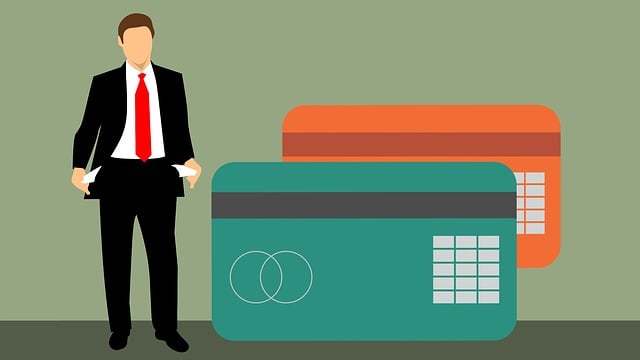Payroll cards are a great option for companies that must provide employees with easy access to their wages. They are especially convenient for unbanked employees and eliminate the hassle of cashing checks.
They allow businesses to save on printing costs and administration fees. Plus, they give workers the convenience of real-time payments and drive employee loyalty.
They Are Easy To Manage.
If you’re looking for an efficient and flexible solution to pay employees, payroll cards are an excellent option. These prepaid debit cards are loaded with the employee’s wages on each payday and can be used to get paid early, make purchases, or withdraw cash. They’re also a great alternative to traditional paper checks or direct deposit.
By using payroll cards, businesses can save money on printing, mailing, and processing fees. They can also streamline the payroll process by eliminating employees needing to update their banking information. Plus, the cards can help reduce the waste produced by paper checks.
Many pay card providers offer benefits and rewards, including cash back and loyalty points. They can also provide employees with early wage access, which allows them to use a portion of their earned wages before payday. However, before you implement a payroll card system, be sure to research the provider thoroughly. You want to ensure that the company is financially sound and will not charge your employees excessive ATM, replacement, or inactivity fees. You should also be aware of any laws. And regulations that may apply to payroll cards in your state or country.
They Are Convenient
Payroll cards provide an easy and convenient way for employees to access their wages. This method of payroll delivery is also useful for businesses with a large percentage of teenage workers or people who are not bank account holders. According to Nerd Wallet, 5.4% of American households were unbanked in 2019. These individuals may rely on money orders or costly check-cashing services to access their funds. Payroll cards can be loaded with employees’ wages, and they can then use their cards to make purchases or withdraw cash at ATMs.
A payroll card functions much like a debit card, eliminating the need to carry large sums of cash. And helping to avoid fees for using ATMs or online transactions. Additionally, some card programs offer savings accounts, which can boost employees’ financial wellness.
They Are Secure
Payroll cards provide a secure alternative to cash and checks. They have security features like PIN protection and fraud monitoring, which makes them safer than carrying cash. They also save employees money by eliminating check-cashing fees and mailing expenses. Additionally, payroll card providers offer zero liability policies, which protect employees in the event of unauthorized transactions.
Additionally, most payroll cards have online platforms where employees can monitor their balances and transactions. This can help them manage their finances more effectively. Furthermore, many payroll cards are reloadable, which means employees don’t need to wait for their next paycheck to get paid.
However, employers must know the laws and regulations governing payroll card use. As a result, they should do their research and consult with their legal team before making a decision. They should also remember that employees’ wages are subject to income taxes, so they should plan accordingly. Additionally, they should always offer at least one other payment option besides payroll cards. This will help ensure their system is fair and transparent for all workers.
They Are Reloadable
Payroll cards are prepaid debit cards loaded with an employee’s wages. They can be used to make purchases at online or in-store locations, withdraw cash from ATMs, and even pay bills. The card is linked to an online portal that allows employees to check balances and transactions and view their expenses.
The cards are reloadable and can be topped up after each payday. This helps to save money for employers who can avoid paying for new cards each time an employee is paid or purchasing and mailing paper checks. Additionally, the reloadable cards allow for flexibility and can mitigate the costs of losing or damaging a paycheck.
Another advantage of payroll cards is that they can disburse cash compensation like bonus checks, FSA benefits, and mileage compensation. This can help to reach unbanked workers and reduce the large check-cashing fees that would otherwise be associated with cashing a traditional paycheck. This also means these workers can access their funds up to 48 hours earlier than they would with a direct deposit or paper check.
They Are Prepaid
Payroll cards are prepaid debit cards employers load with their employees’ wages. Unlike direct deposit, they don’t require that your employees have bank accounts and may even eliminate the need for a checking account. They also give your employees access to some of their earned wages before payday, which can help them avoid overdraft fees. However, it’s important to remember that payroll card programs must comply with federal and state laws and are subject to various risks.
For small business owners, payroll cards are a convenient and efficient alternative to paper checks and direct deposit. They save time and money, and they’re especially useful for unbanked employees who may not be able to receive direct deposits. In addition, most payroll card products offer a variety of benefits for both workers and businesses, including lower fees than those associated with traditional check cashing. However, some payroll cards charge for balance inquiries and cash withdrawals, so it’s important to research your options carefully. You’ll find that most providers have ways for you to minimize or waive these charges if you choose their products.
Related Post:







